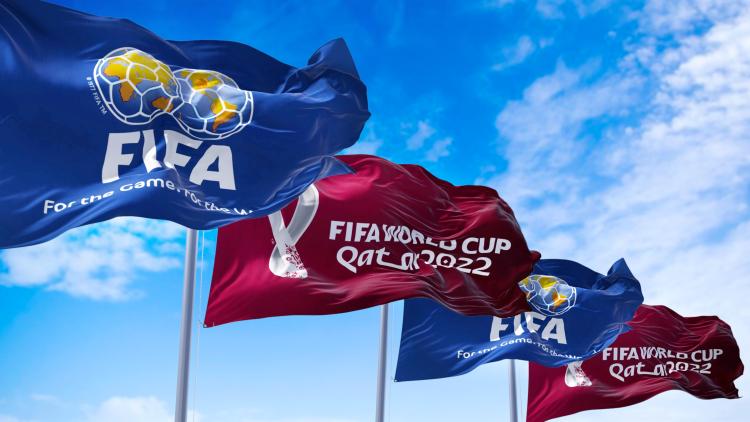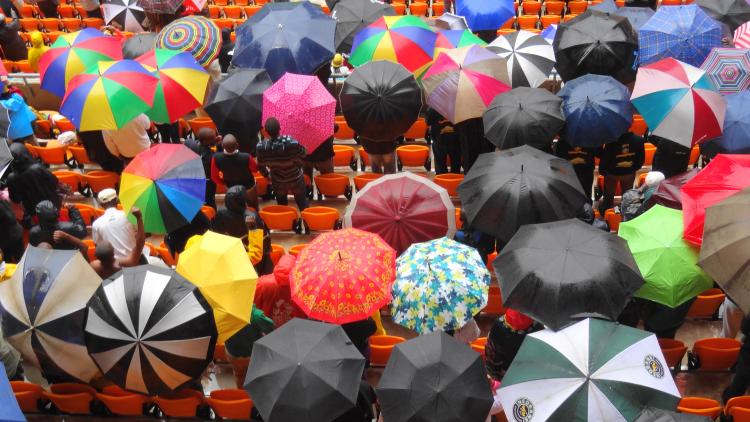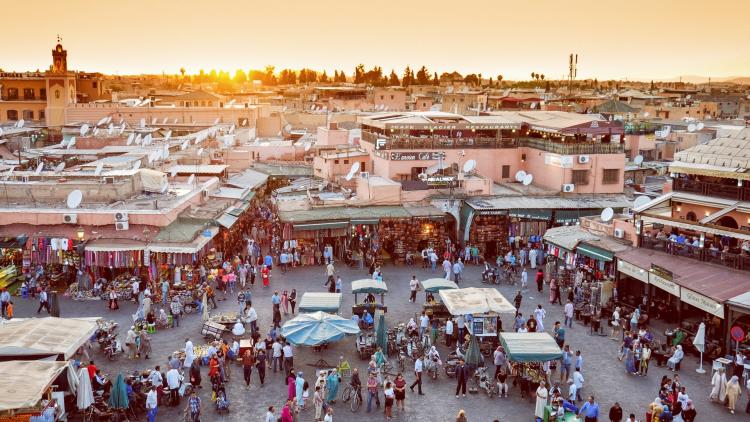BA Arabic


Key information
- Start date
- Duration
- 4 years
- Start of programme
- September 2025
- Attendance mode
- Full-time
- Location
- On Campus
- Fees
-
Home: £9,535
International: £22,870 - Course code
- T620
- Entry requirements
-
ABB
Contextual: BBB
-
See undergraduate entry requirements and English language requirements for international and alternative entry requirements.
Course overview
Over the course of the degree, the BA Arabic programme provides students with a solid foundation in Arabic, training them in both the written and the spoken forms of the language and exposing them to related cultural, social and historical contexts and literary and artistic practices, thereby equipping them with the skills they need to achieve linguistic and cultural fluency.
Why study Arabic at SOAS?
- SOAS is ranked 1st in London in the Complete University Guide 2021 for Middle Eastern and African Studies, and 6th in UK.
- SOAS has an unrivalled reputation as the foremost provider of Near and Middle East studies.
- Modern Languages and Linguistics at SOAS has been ranked 10th in the UK in the Research Excellence Framework (REF) 2021.
- We've also been ranked 4th for research environment - with 100% of our research ranked as 'internationally excellent' and 85% as 'world-leading' - and 8th for research outputs in the REF 2021.
Structure
Students take modules to the value of 120 credits per year. There is some element of choice to develop special interests.
Language modules at an advanced level are also available to students who have the necessary background.
Important notice
The information on the website reflects the intended programme structure against the given academic session. The modules are indicative options of the content students can expect and are/have been previously taught as part of these programmes.
However, this information is published a long time in advance of enrolment and module content and availability is subject to change.
Year 1 - Arabic 3 pathway - Core
Year 1 - Arabic 1 pathway - Core
Year 1 - Arabic 1 pathway - Compulsory
Year 1 - Arabic 3 pathway - Compulsory
Year 1 - Arabic 1 pathway - Guided options List A
30 credits from List A
Year 1 - Arabic 3 pathway - Guided options List A
30 credits from List A
Year 2 - Arabic 3 pathway - Core
Year 2 - Arabic 1 pathway - Core
Year 2 - Arabic 1 pathway - Compulsory
Year 2 - Arabic 3 pathway - Compulsory
Year 2 - Arabic 1 pathway - Guided options List B
30 credits from List B
Year 2 - Arabic 3 pathway - Guided options List B
30 credits from List B
Year 4 - Compulsory
You must take the Capstone Project. You will be allocated to Arabic 5a and 5b OR Arabic 6a and 6b, depending on language proficiency level after the year abroad.
Year 4 - Guided Options List C
Minimum of 30 credits from List C
Teaching and learning
- Year 1: In the first year, students normally pursue 60 credits worth of intensive study of Modern Standard Arabic, while also being enrolled on a selection of humanities-based modules.
- Year 2: In the second year, students continue the study of Modern Standard Arabic and are introduced to Arabic dialects, classical Arabic and Arabic culture, choosing the remainder of their credits from a list of guided and open optional modules.
- Year 3: The third year is then spent at an Arab university or Language Institute in the Middle East (see below), where students study the colloquial language as well as Modern Standard Arabic.
- Year 4: In the final year, study of language is continued at the advanced level. Students complement their language study with both guided and open options in literature and culture, in addition to undertaking an independent study project.
Contact hours
All full-time undergraduate programmes consist of 120 credits per year. Most modules are 15 credits and students typically take four modules per semester, but Arabic instruction in the first year is intensive: students take the 30-credit Arabic 1 module in Semester 1, and the 30-credit Arabic 2 module in Semester 2. In their final year, students enrol on the Independent Study Project, a 30-credit module that runs over both semesters. Module selection is fixed in Year 1, but there is a degree of choice in Years 2 and 4. The programme structure shows which modules are compulsory and which optional.
In the School of Languages, Cultures and Linguistics, undergraduate modules take various forms. Modules may be taught through 1 or 2 hours of lectures a week, and some may have an additional 1-2 hours of weekly seminars. 15-credit language classes may be 4-5 hours per week in the first and second year, typically less at higher levels.
As a rough guide, 1 credit equals approximately 10 hours of work. Most of this will be independent study. It will also include class time, which may include lectures, seminars and other classes. Some subjects, such as learning a language, have more class time than others.
Year Abroad
Students currently spend the Arabic Language Year Abroad at one of the following institutions:
- Qasid Institute in Amman, Jordan
- French Institute in Cairo, Egypt
Year Abroad programmes run from September to May of the following year and involve 15-17 hours of instruction per week. While the syllabus differs somewhat from one institution to another, the prime focus throughout is on enhancing the students’ reading, writing, speaking and listening skills in Modern Standard Arabic as well as on imparting an advanced level of competence in the local form of Colloquial Arabic.
In order to be admitted to the final year of their degree, students will need to have passed the final language examinations at the year abroad institution. Students who fail the language year abroad will not be able to progress to the final year and will repeat the language year abroad.
For general advice on tuition fees, travel arrangements, health and insurance issues see Study abroad and exchange.
The SOAS Arabic Section arranges year abroad meetings and briefing sessions where second year students are informed in detail about the year abroad locations and have the chance to meet and consult with returning students.
In determining the safety of year abroad locations, SOAS is guided by the relevant Travel Advice published by the Foreign and Commonwealth Office. During their stay abroad it is recommended that students subscribe to the relevant FCO website.
SOAS Library
SOAS Library is one of the world's most important academic libraries for the study of Africa, Asia and the Middle East, attracting scholars from all over the world. The Library houses over 1.2 million volumes, together with significant archival holdings, special collections and a growing network of electronic resources.
Fees and funding
Fees for 2025/26 entrants per academic year
| Programme | Full-time | |
|---|---|---|
| UK students | Overseas students | |
| BA, BSc, LLB | £9,535 | £22,870 |
| BA/BSc Language year abroad | £1,385 | £11,430 |
- See undergraduate fees for further details
Employment
Graduates of the School of Languages, Cultures and Linguistics leave SOAS not only with linguistic and cultural expertise, but also with skills in written and oral communication, analysis and problem solving.
Recent graduates have been hired by:
- Africa Matters
- Amnesty International
- Arab British Chamber of Commerce
- BBC World Service
- British High Commission
- Council for British Research in the Levant
- Department for International Development
- Edelman
- Embassy of Jordan
- Ernst & Young
- Foreign & Commonwealth Office
- Institute of Arab and Islamic Studies
- Middle East Eye
- Saïd Foundation
- TalkAbout Speech Therapy
- The Black Curriculum
- The Telegraph
- United Nations Development Programme
- UNHCR, the UN Refugee Agency
- Wall Street Journal
Find out about our Careers Service.




